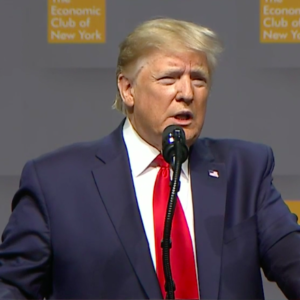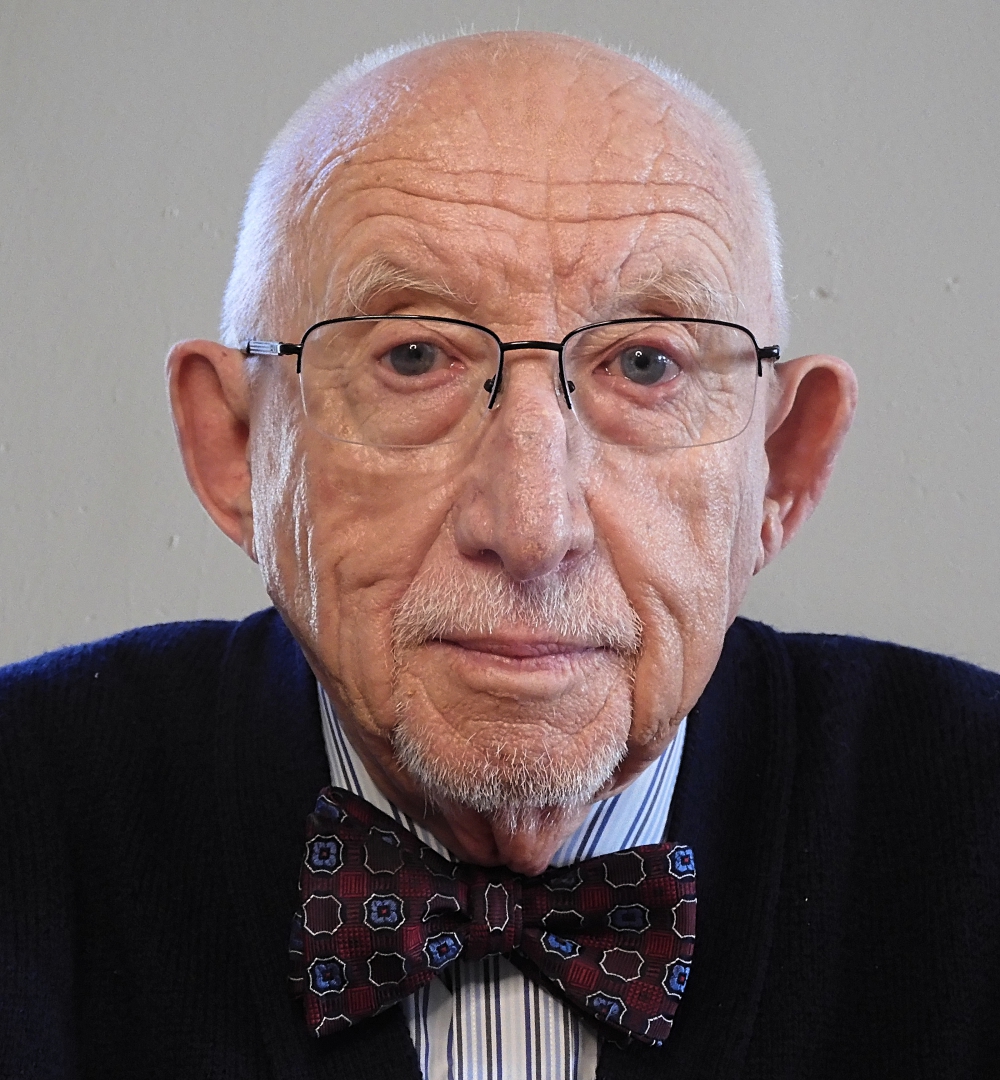When Donald Trump began his first term as president in 2017, I wrote that he came to office not as a politician who had won an election but rather as a businessman who had won a takeover battle and was ready to hire, fire, sell off, and generally to reshape the property he had bought.
On Christmas Day, Trump — with a series of posts on social media — revealed himself as a businessman who believes not that he has won the nation in a takeover battle but rather that he has won the whole world and is ready to hire, fire and sell off.
Also, like a canny takeover artist, he didn’t reveal his hand during the takeover struggle. During the election, there was no hint that Canada should become the 51st U.S. state, that Panama was overcharging U.S. shipping, or that ownership of Greenland was essential over and above the key role it already plays with a vital U.S. base, happily provided for by treaty with Denmark.
Like a businessman, Trump offered to buy Greenland during his first presidential term. His offer was soundly and summarily rejected. Now, he is back, and the answer hasn’t changed.
Canada, Trump believes, takes unfair advantage of the United States in trade. However, the regime of the flourishing cross-border trading is the one the United States-Mexico-Canada Agreement signed — in July 2020 by Trump — as a vast improvement over its predecessor, the North American Free Trade Agreement, although in substance and spirit, it is very similar.
When it comes to Panama, Trump has a double accusation. Beyond the belief that Panama is ripping us off, this kind of national business paranoia is part of the Trump manual of expectations in foreign policy: All foreign governments are scalawags bent on cheating America.
It is part of a permanent, low-grade C-Suite paranoia present in many companies: Who is stealing an advantage, who is going to concede to the unions, who is angling for more shelf space, etc. Consider calling it corporate situational awareness paranoia.
Statesmanship is learned; good instincts help, but it isn’t intuitive for most leaders. It is learned through studying history, meeting, talking, traveling and moving in foreign policy circles. It is learned best on the job, if the job is in the House or the Senate.
Trump has learned not in that world but in the world of New York real estate with its own jungle law — deals are done, undone, litigated, and political influence is brought to bear. Ultimately, there is victory for one side.
Trump correctly — and it could be said belatedly because he took no action during his first administration — has cast a penetrating light on China in the Americas. China, as Trump has said, doesn’t operate the Panama Canal. Panama does. A subsidiary of Hong Kong-based CK Hutchison Holdings manages two ports at the canal’s entrances, with Chinese firms providing more than $1 billion to construct a new bridge over the canal.
Panama’s revenues are up due to congestion charging, but fewer ships are transiting the canal due to drought. The vast Lake Gatun, which feeds the canal and keeps the lock system viable, is only partially complete. The less water available, the fewer transits are possible. These dipped from 38 large ships to just 22, but rains have improved the situation and transits have risen.
Seizing canals is a fraught business; witness the disaster of France and Britain trying to seize the Suez Canal in 1956. Significant damage to the Panama Canal would cost the United States for decades. It is a masterpiece of big, intricate engineering. I took a cruise through it to understand it better.
The British word “gobsmacked” is easily understood: smacked in the mouth. That happened to the commentariat — those who comment on national affairs. Trump’s Christmas Day declarations on Truth Social, his social media network, went almost unmentioned. The reporting was there; the networks and newspapers turned up the volume, but the commentators were silent.
That, in its way, is as notable as Trump’s implication that he has bought the world and plans to take possession. The enormity of the thing has been quieting. We, the opinion writers, have been struck dumb, you might say. That is news in itself.





